Florida Gov. Ron DeSantis Won’t Close Fecal Polluted Beaches, Increasing Risks for Beachgoers
Florida Gov. Ron DeSantis has been heavily criticized for refusing to pass a bipartisan bill that could have better informed the state’s residents about potential hazards associated with contaminated waterways and the ocean.
Despite widespread support for the “Safe Waterways Act,” DeSantis decided to veto the bill, a move that could potentially increase health risks for the state’s residents. This decision has left many to question why the governor would make such a consequential decision and risk the safety of the state’s residents.
The Safe Waterways Act
The now-vetoed Safe Waterways Act aimed to empower the Florida Department of Health to close any beaches in the state should they begin to pose certain safety or health risks.

Source: Freepik
According to Max Chesnes, a reporter from the Tampa Bay Times, the proposed bill would have also accelerated the process of notifying locals of water quality issues as they arose.
Problems With Florida’s Waterways and Beaches
The new bill was brought forth as Florida continues struggling with bacterial contamination in its waterways.
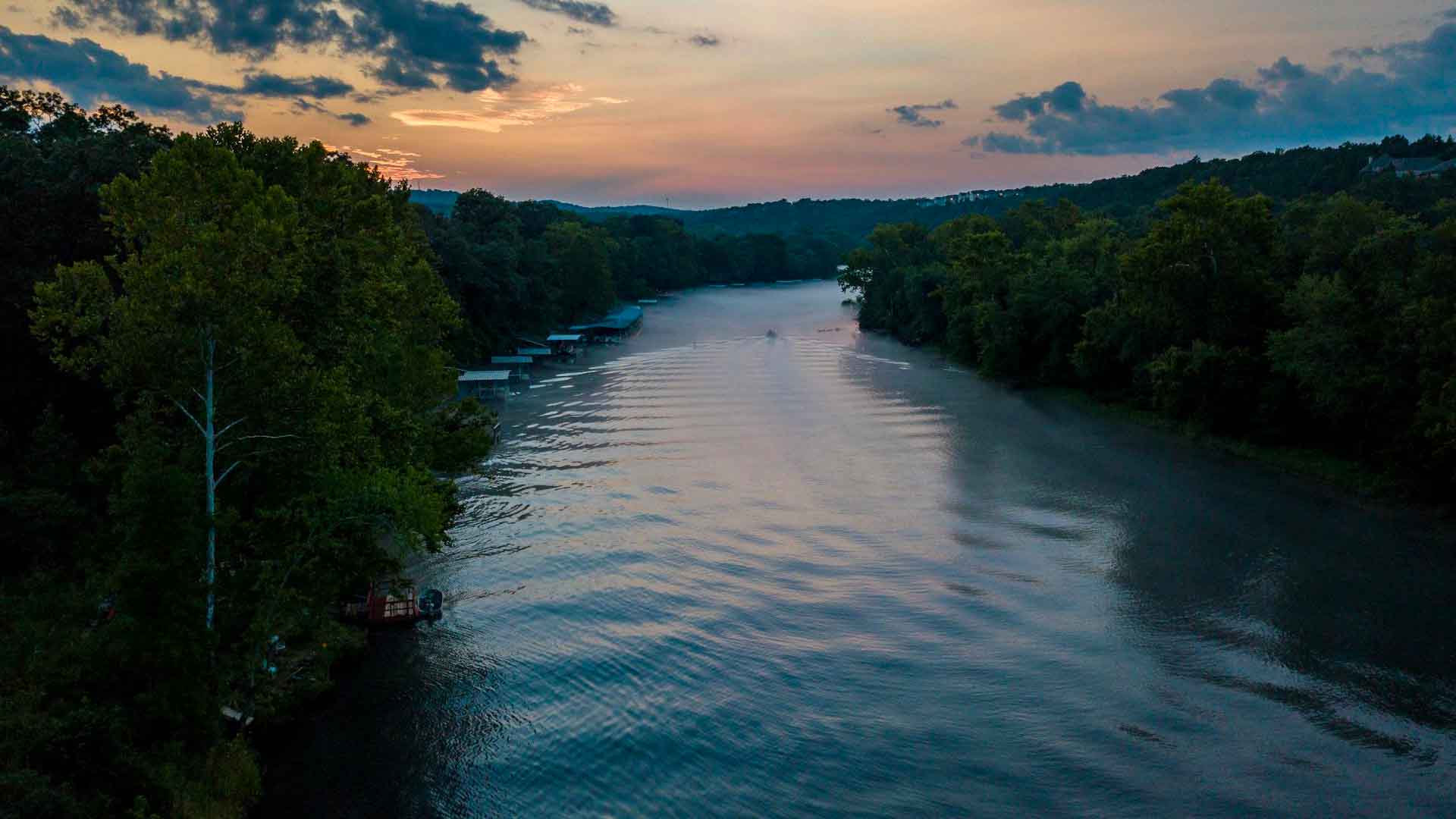
Source: Devon Schreiner/Pexels
UCF Political Science Professor Aubrey Jewett explained, “Unfortunately, there are any number of beaches around the state of Florida that on any given day have high rates of pollution and pollution that could make people sick. Often what happens is, there’s fecal contamination.”
The “Poor” Quality of Beaches
The Florida Department of Health has been working overtime this year as it samples beaches to make sure the water’s bacterial levels are safe for swimming. Samples of marine water from several beaches–Dubois Park, Sandoway-Delray Beach, South Inlet Park, and Midtown Beach–all closed for testing in the “poor” category.

Source: Alexandre Perotto/Unsplash
Anything that falls into the poor category should be “considered a potential health risk to the bathing public,” according to the Environmental Protection Agency (EPA).
70% of Beaches Test Poorly
Currently, the county health department tests marine waters every two weeks for Enterococci. Across the state, 70% of beaches tested had potentially unsafe levels of fecal contamination on at least one day in 2022, according to an Environment Florida Research & Policy Center Safe for Swimming report.

Source: chokniti/Freepik
Researchers estimate that 57 million instances have occurred in the calendar year of people getting sick in the US from swimming in polluted waters.
Indication of Fecal Pollution
The water in Midtown Beach and Dubois Park have also tested positive for high levels of enterococcus bacteria, which the department said “is an indication of fecal pollution.”

Source: Martin Brechtl/Unsplash
Stormwater runoff, pets and wildlife, and human sewage often cause this type of bacteria. It poses a massive risk to swimmers who choose to cool off in those waters, provided the water temperature permits swimming that day.
Is Enterococci Harmful?
According to the EPA, enterococci infections typically do not harm humans, but their presence in the environment can signal that other disease-causing agents, such as viruses, bacteria, and protozoa, might also be present.

Source: Andrea Piacquadio/Pexels
While Florida would have been able to use tax dollars to better inform the public about beach closures, DeSantis’s veto means the responsibility falls onto the shoulders of local governments and those who want to enjoy the beach.
Dismissing State-Approved Closes
While DeSantis pushes pollution warnings onto local governments, which may or may not have the resources to determine the safety of the residents or tourists coming to town for the day, Florida’s water pollution problem is becoming a mismanaged state issue.

Source: Buda Mendes/Getty Images
The wealth of wildlife has been transformed into public places that become submerged during storms. The Everglades hotels once looked over are now toxic industrial and construction waste bodies.
Failing to Protect Residents and Land
While Florida should be taking action to protect the wildlife and residents from rising water temperatures and levels, DeSantis is denying any urgency or initiatives to protect the land, which, in turn, fails to protect Floridians.

Source: Andrea Piacquadio/Pexels
Ignoring the peril of poorly regulated industrial-scale farming, ranching, and development will only intensify the ongoing pollution crisis that could devastate the state and the entirety of the country.
Floridians Speak Out Against DeSantis’ Decision
Severla’s prominent Florida figures, including Matt DePaolis, the director of the Environmental Policy Team for the Sanibel-Captiva Conservation Foundation, have spoken out against DeSantis’ decision to veto the bill.

Source: Freepik
“The Safe Waterways Act empowered the Department of Health or would have empowered the Department of Health to post concerns that they had when testing was coming back for certain things that would be in the water that were harmful to public safety, human health, whether that’s algae blooms, excessive fecal content, things of that nature,” DePaolis said.
Florida Residents Should Have Knowledge of the Water Problems
The director went on to argue that it’s crucial to ensure that beachgoers and those using the waterways are kept up to date on all potential hazards and receive this information in a timely manner.

Source: Pixabay/Pexels
DePaolis said Florida residents should “have the knowledge that they need to make a decision about what they’re going to do that day, where they’re going to go, and how they’re going to spend their time.”
Why Did DeSantis Veto the Bill?
DeSantis and his surgeon general, Dr. Joseph Ladapo, have publicly called the proposed bill “ill-advised” and claim it would lead to the state overpowering local governance.
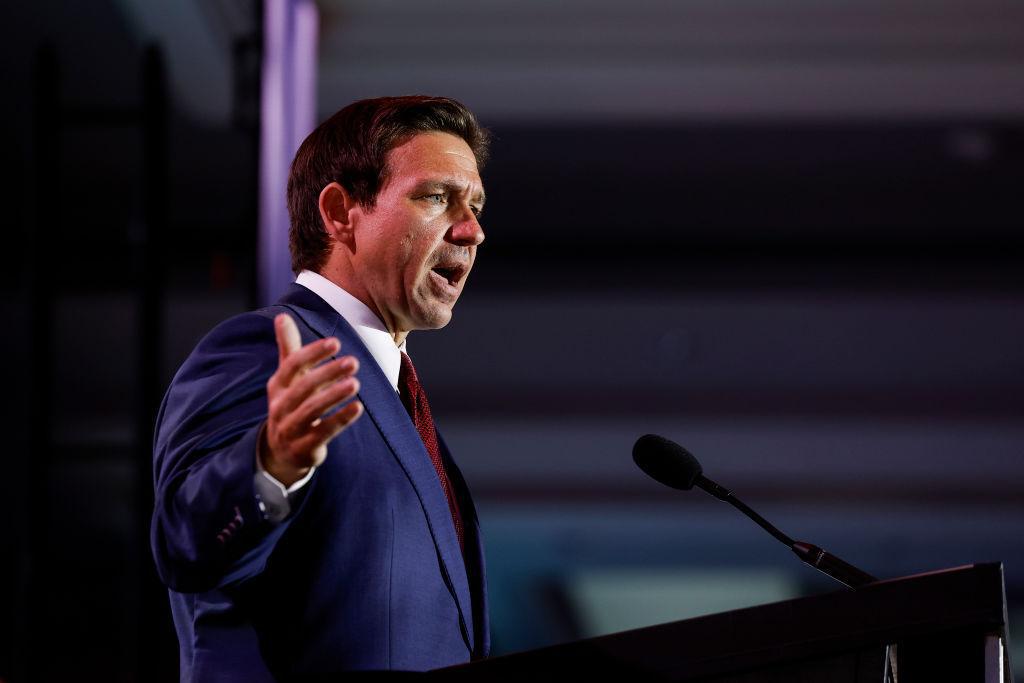
Source: Anna Moneymaker/Getty Images
The pair argued that the state would have the power to close beaches without consulting local governments, with DeSantis and Ladapo clearly preferring local control over mandates.
DeSantis Releases Later Explaining Decision to Veto the Bill
A letter written by DeSantis explaining his decision to veto the bill later appeared online. In it, he writes, “Health Departments like DOH can serve a valuable function, but they should not be vested with the power to supersede local jurisdictions regarding the operation of beaches.

Source: Freepik
He continued, “I have made water quality and protecting Florida’s natural resources a priority, and my administration will continue to do so, but this grant of power to DOH over Florida beaches is ill-advised.”
Deja-Vu in Florida
DeSantis’ decision to veto the bill has reminded many of his stance during the COVID-19 pandemic.

Source: Brandon Bell/Getty Images
While the governor briefly closed beaches during the early stages, he later reopened them and declared Florida a “free” state. Some argue this led to a surge in COVID-19 infections and deaths associated with the illness.
DeSantis Accused of Being Hypocritical
DeSantis has boasted on several occasions that water quality in Florida ranks high on his list of priorities. However, according to Jewett, his decision to veto the bill clearly contradicts this.
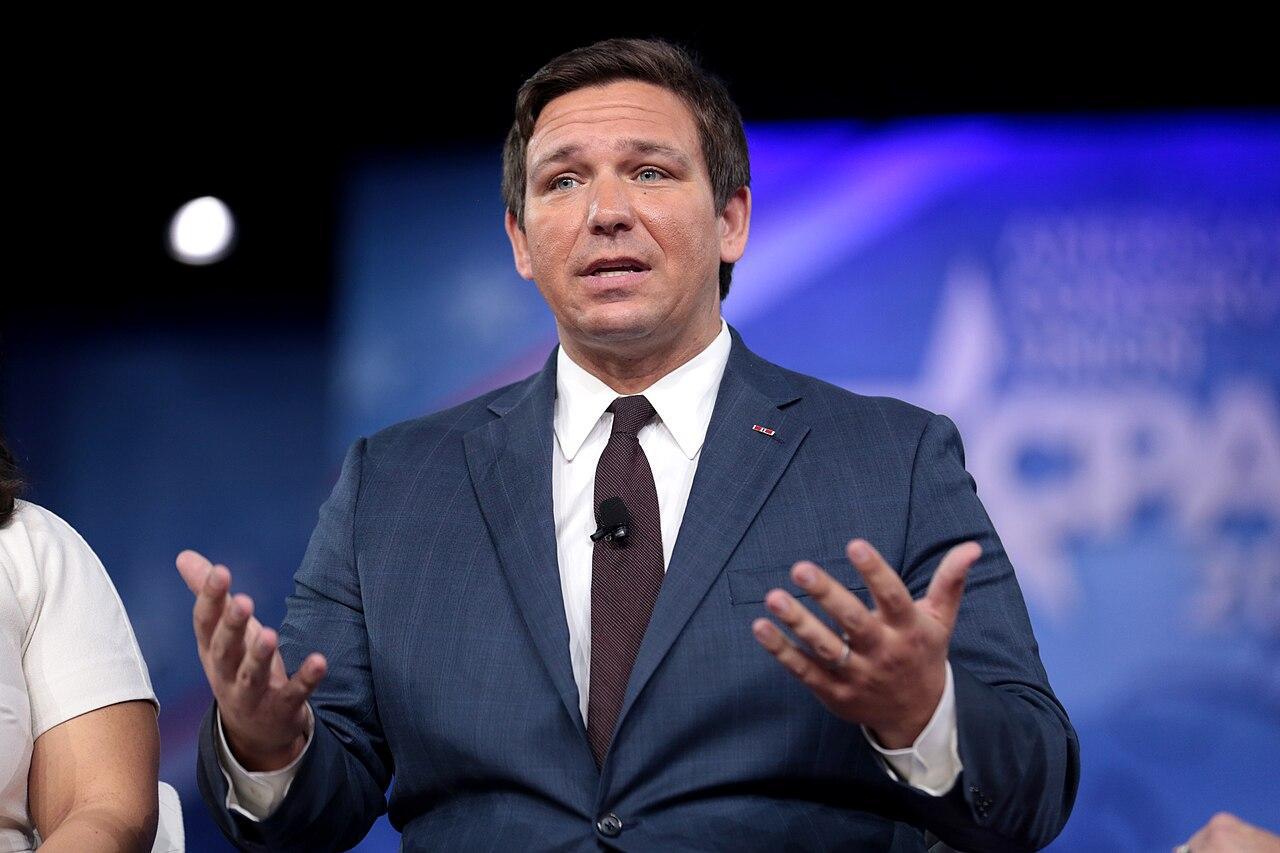
Source: Freepik
“He’s talked about water quality being a high priority, but at least on the face of it, this veto seems to go in the opposite direction because the fact is, unfortunately, there are any number of beaches around the state of Florida that on any given day, have high rates of pollution and pollution that could make people sick,” he said.
Democratic State Representative Expresses Disappointment With DeSantis
Democratic State Representative Lindsay Cross, a sponsor of the bill, also expressed her disappointment with DeSantis following his decision to veto the bill.

Source: Freepik
“Our water quality issues are not going to go away, and ignoring it is not going to solve the problem,” said Cross.
New Bill Aimed to Protect Public Health
The decision to veto the bill has come as a shock to many, including Rep. Cross, who is dumbfounded as to why DeSantis would block a bill that aims to protect the public’s health.

Source: Oscar Bonilla/Unsplash
“I thought there was no way the governor would veto something that was sponsored by a bipartisan slate of elected officials with unanimous approval in both chambers that would protect people’s public health,” said Cross.
Recent Decision Could Shape DeSantis’ Public Image
The controversial veto will likely shape DeSantis’ political image going forward. On one hand, the decision to ensure local governments remain in the loop regarding governance will undoubtedly resonate with conservative voters.

Source: Wikimedia
Yet sacrificing the public’s health and safety to do so may result in further backlash for the Governor down the line. Critics continue to argue his decision has placed the necessity of local governance ahead of keeping people safe at public beaches across the state.
Denying Climate Change
Unsurprisingly, DeSantis’s refusal to acknowledge the uptick in pollution, which is contaminating waters and causing residents to fall ill comes from the fact that he “rejects the politicization of the weather,” (via the Guardian).

Source: Freepik
His statement to FOX News in May echoes his 2022 statement that “I can’t control the climate. I’m not doing mandates on any of that.”
The Hypocritical Issue
DeSantis has proposed billions of dollars to restore waterways and the Everglades, but his refusal to ban local environmental regulations undermines these valiant efforts.
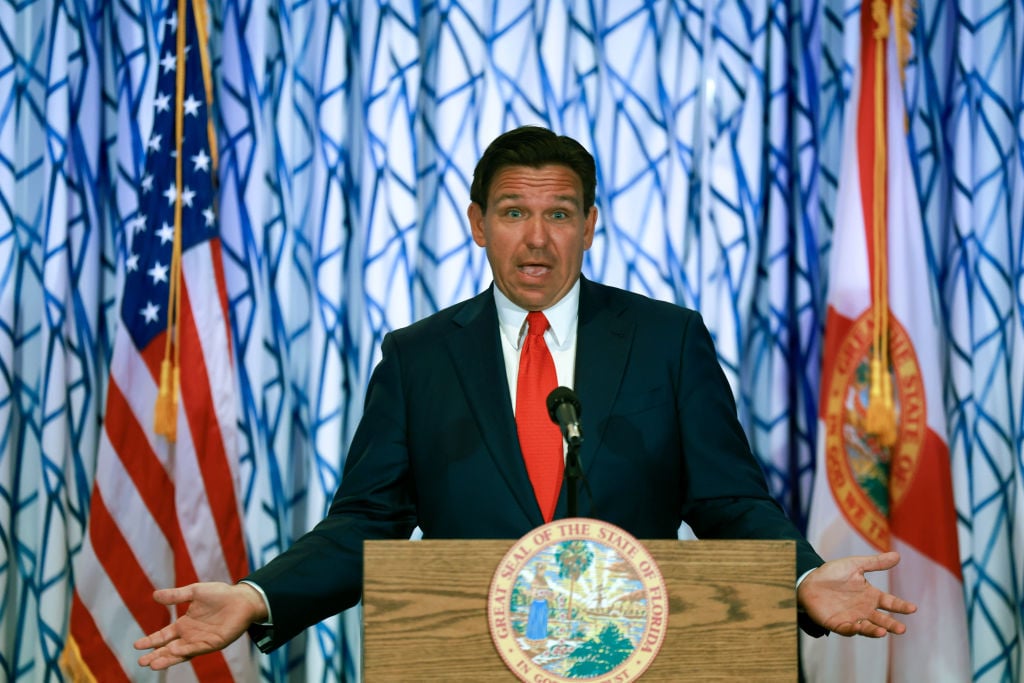
Source: Joe Raedle/Getty Images
Rejecting climate change is one thing, but ignoring the fact that developers and industry—those creating the pollution contributing to marine contamination—champion bills that worsen the issue is confusing and hypocritical.
A Change to Florida’s Mismanagement
Florida’s general mismanagement toward the environment—even if climate change is something that DeSantis refuses to acknowledge—can only continue for so long before people start to plead for change.
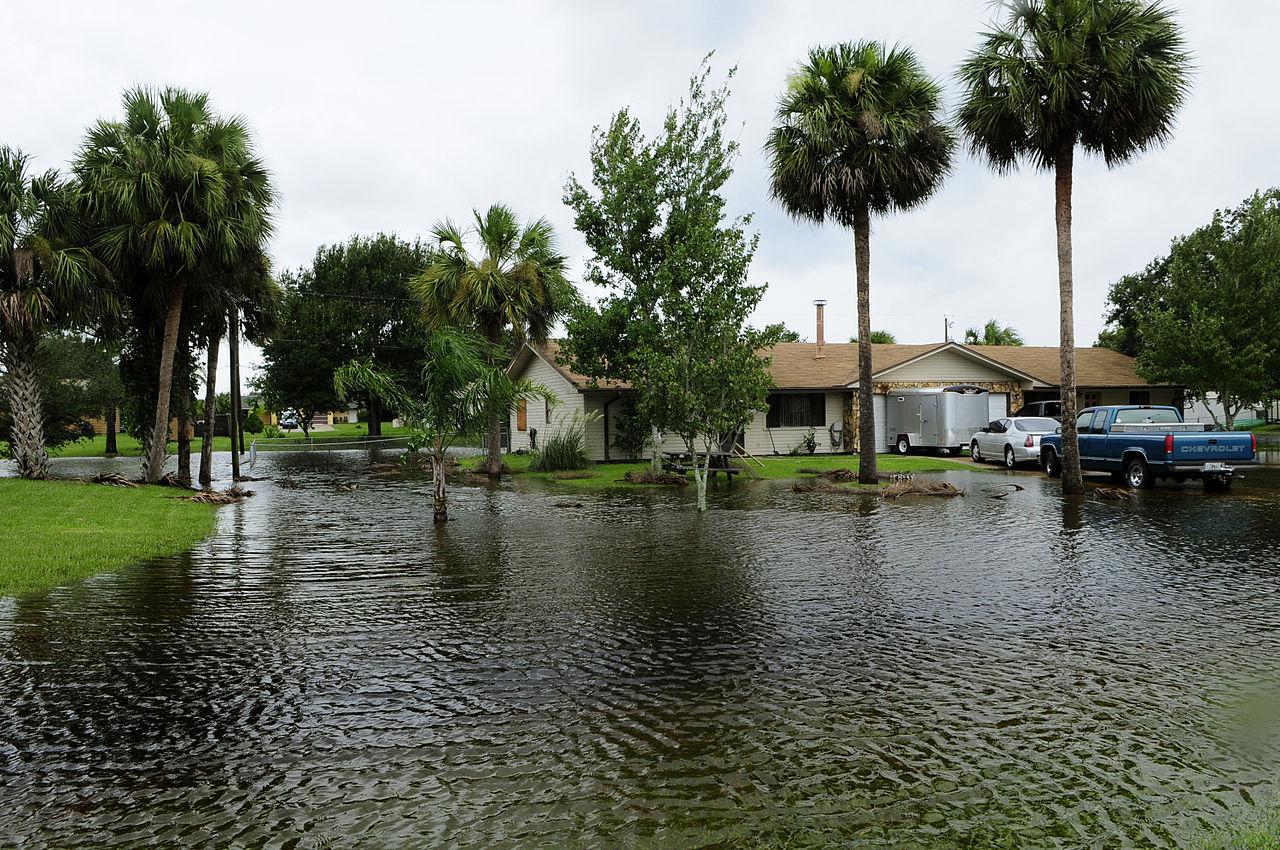
Source: Wikimedia
But when this call comes, will it be too late for Florida?
An Act to Help Out
Currently, the BEACH Act, which funds most of the testing and monitoring done by local governments, is up for renewal in Congress.

Source: Freepik
The updated act is asking to allocate an additional $5 million in funds to research and monitor more beaches along the state’s coast. Both Republicans and Democrats in Congress are supporting the bill and are hosting briefings on how coastal states can use the funds to keep people safe.
How to Stop Beach Pollution
A day at the beach shouldn’t make anyone sick, and it is a problem that the responsibility of monitoring whether or not you can swim in the waters falls onto you.
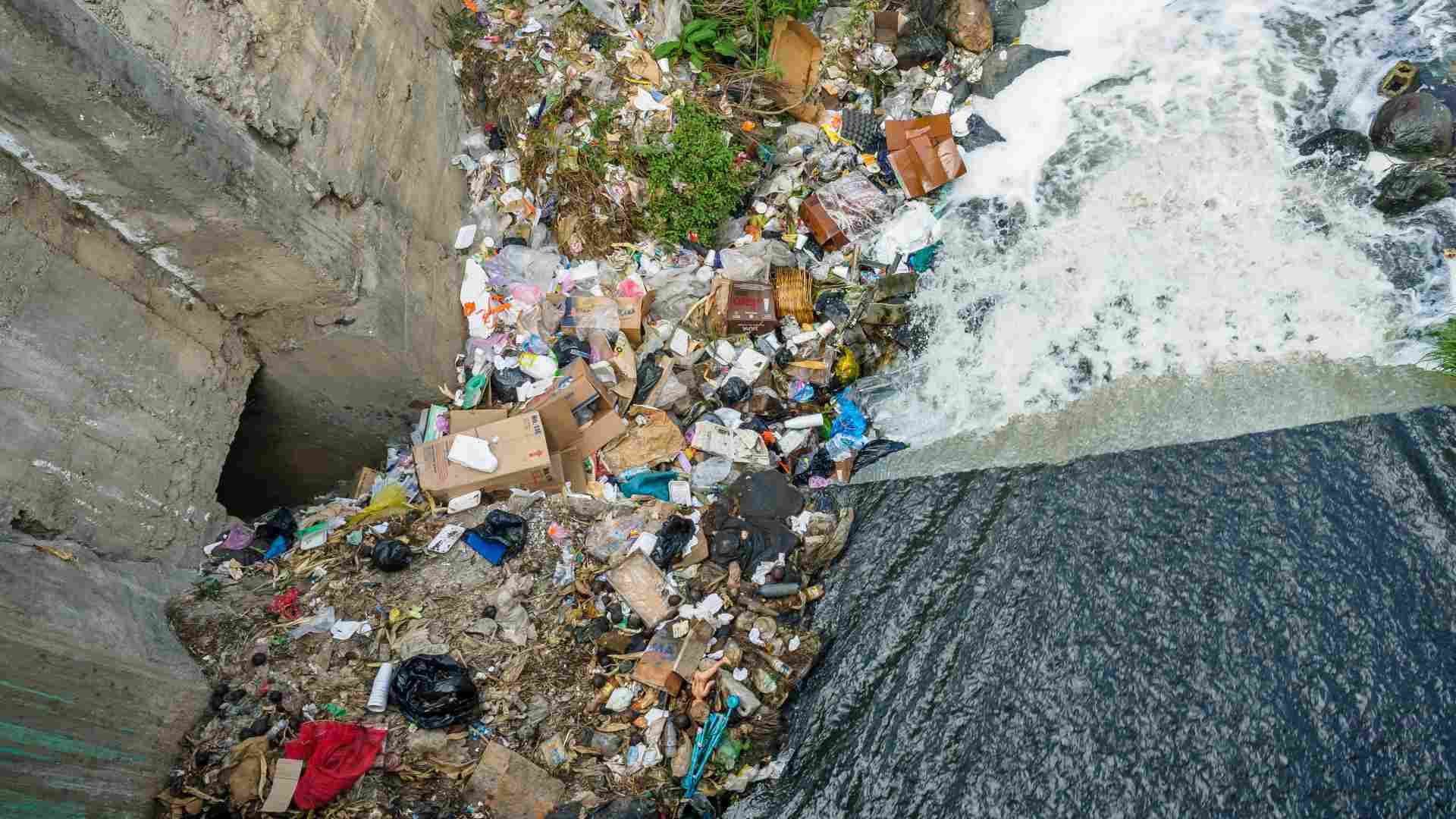
Source: Alexander Schimmeck/Unsplash
While stopping beach pollution at its source—repairing sewage systems and preventing runoff pollution—it is unclear if the state’s government will provide solutions to a problem that is affecting Floridians and the rest of the US.
Check Swim Advisories Before Going to the Beach
Environment America recommends that Floridians check for swim advisories on the Florida Department of Health’s Healthy Beaches website before driving down to the local beach.

Source: Freepik
However, the testing is not comprehensive. Some counties are more consistent with their testing for all their beaches while others are far less consistent.
